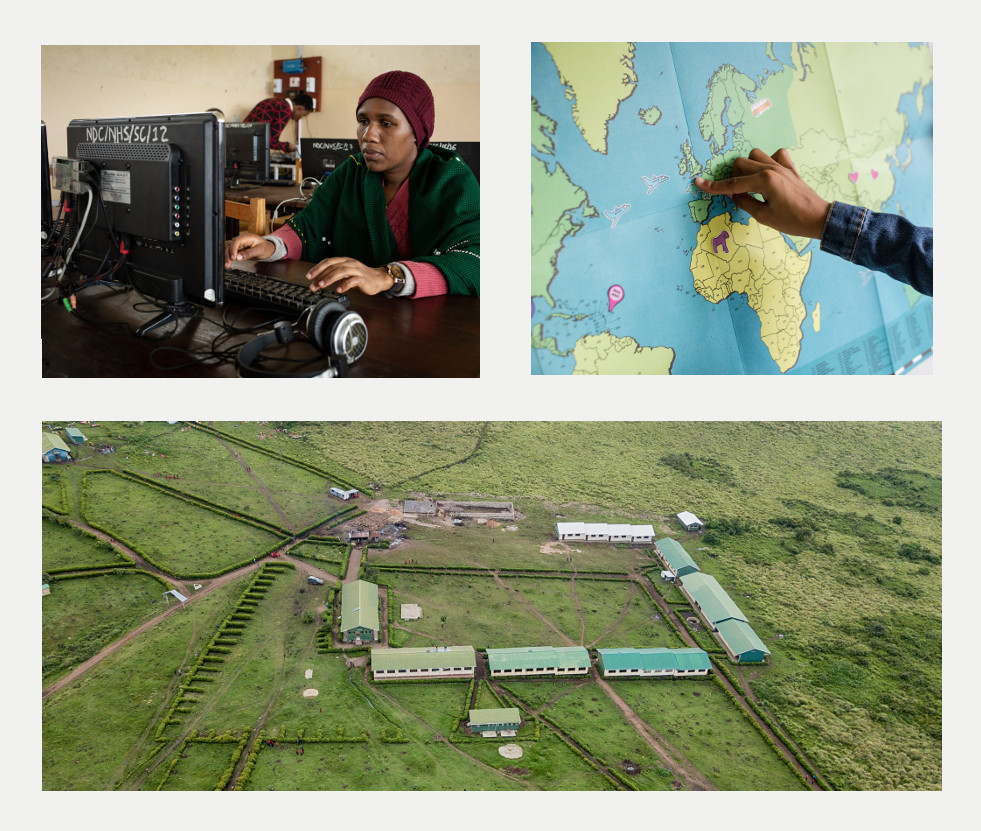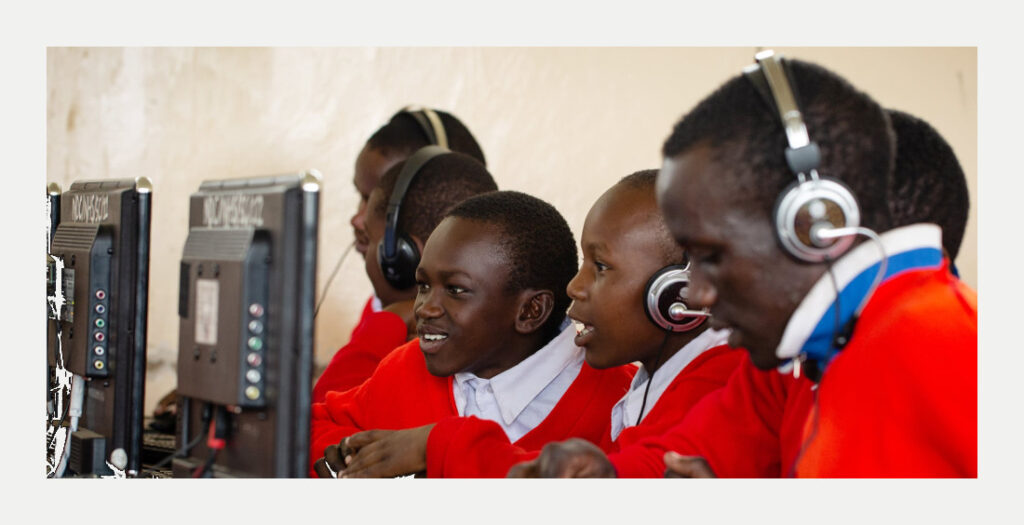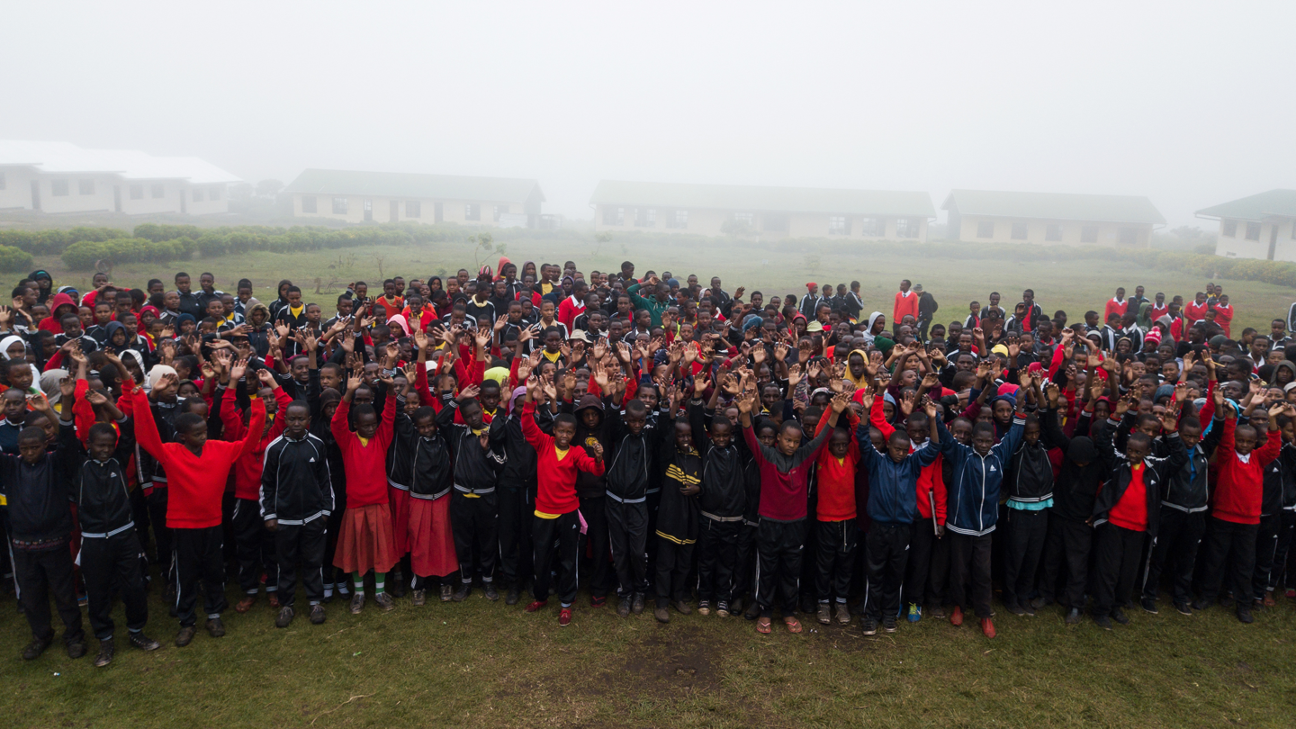Step 1: Planning

Choosing a Location
In Tanzania, local education officers choose an appropriate school with a dedicated Head of School. Each school contributes a secure room with tables and chairs to house the computer lab, and provides teachers to manage the lab and deliver technology instruction.
In Peru, the location was chosen by Dana Rensi who approached Powering Potential with the idea of replicating our program at a school in the Peruvian Amazon where she had been a Fulbright Exchange Teacher.
Government Approval


Acquiring the Technology
In Tanzania, our local partner, PEF, procures the solar and computer equipment from an African vendor.
In Peru, the solar equipment was purchased from a local vendor and the computers were shipped from the United States. We are working to identify a computer vendor in Peru.
For a Solar Powered Access to Raspberry Computing (SPARC) program, the following equipment is procured: Raspberry Pi computers, solar panels, solar batteries, an amp charge controller, an inverter and a lightning arrester system.
Step 2: Implementation

Installing the Hardware
In Tanzania, PEF is in charge of all installations, and collaborates with the government to ensure compliance and support.
For our first SPARC lab In Peru, three members of our management team flew to Iquitos and then travelled by boat to the school in Belén to install the equipment.
Installing the Software
The hallmark of our program is the educational software we provide (no Internet required).
In addition to office productivity software, we install the RACHEL digital library from World Possible. RACHEL includes Khan Academy videos, Wikipedia articles, UNESCO teaching resources, TED Talks, MIT-Scratch coding language, medical reference books, and much more.
In Tanzania we also install the government approved digitized secondary school syllabi from Shule Direct and in Peru, the Kolibri offline learning platform from Learning Equality.
All of these learning resources are easily available without internet access.

Training Teachers and Students
For our SPARC program, selected teachers and students are given a customized three week Train-the-Trainer course. This training prepares teachers to lead tech literacy classes and prepares students to help their classmates. Learning how to navigate, research, and apply the educational content is a key aspect of our program.
Step 3: Sustainability
Monitoring and Evaluation
PEF, our Tanzanian partner, ensures that all projects are carefully monitored during and after implementation. Questionnaires are distributed before and after installations to gather data for evaluation purposes. Our SPARC program is easily upgraded and is sustained with minimal funding once in operation.


Scaling Up and Replicating
Our award-winning SPARC program has sparked interest from around the world. With adequate funding we could fulfill requests to scale up in Tanzania and replicate our programs in other countries.